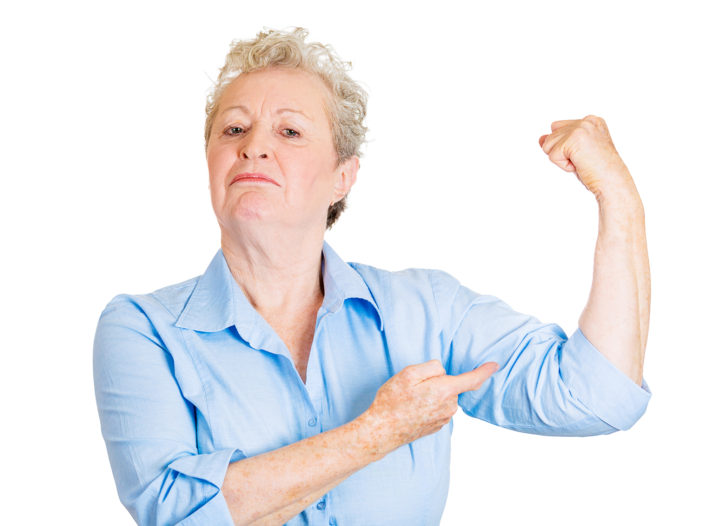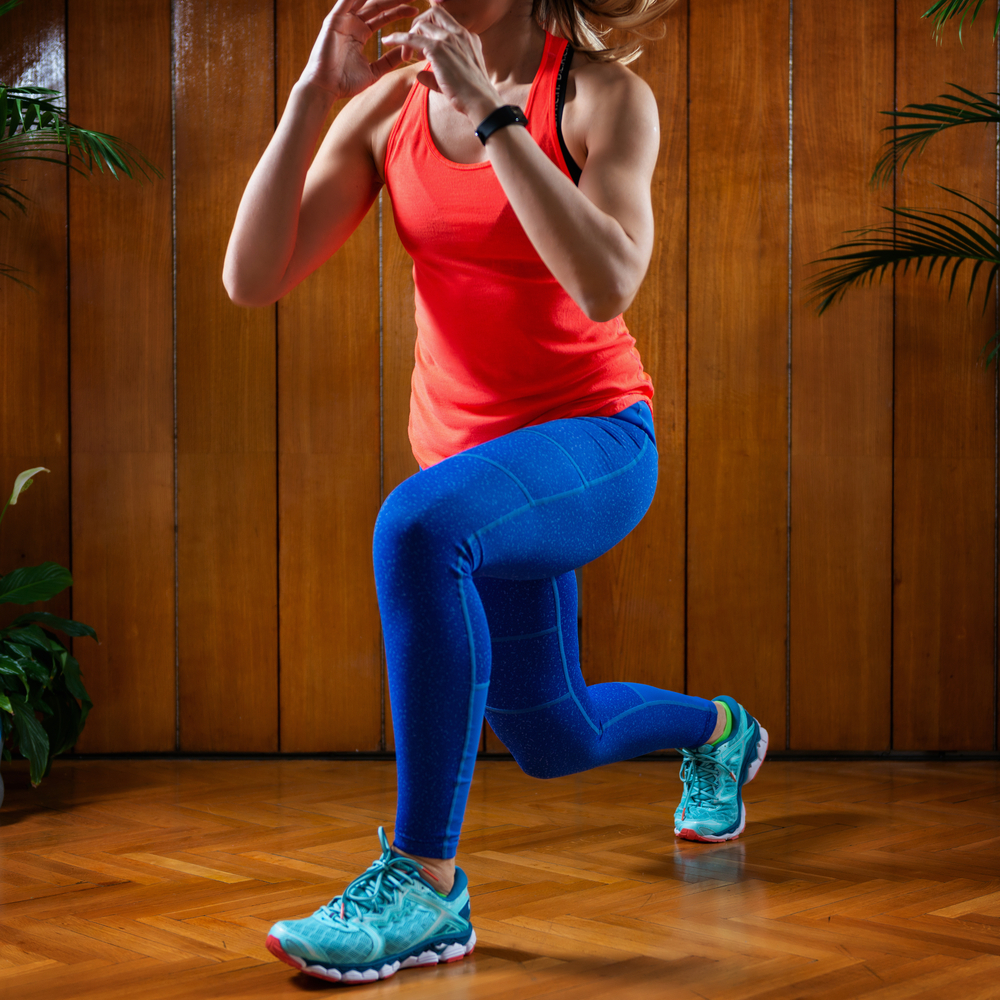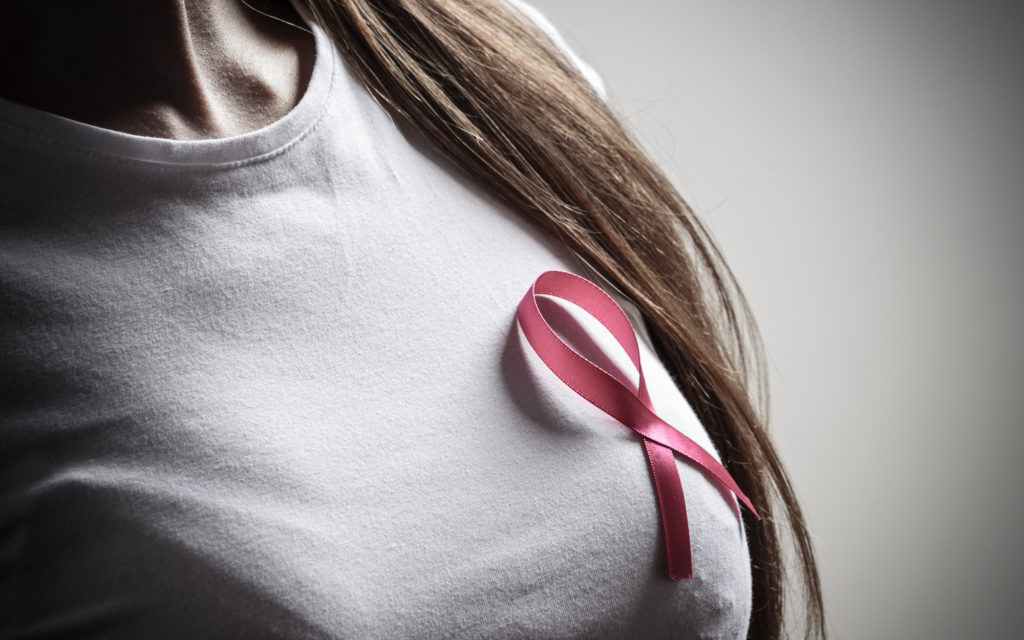
Your peri and menopause years are a great time to re-evaluate your overall health and start to future proof your health for your mid life years and beyond.
So what happens now? With ⅓ of your life left to go, it’s time to live!
But it would be foolish to think that you no longer need to take care of yourself.
So let’s look at how you can future proof your health in your menopause.
Would you like to learn how to have a healthy and happy menopause?
There are a few areas which present a health risk to women as they grow older, but there is so much that you can do with your diet and lifestyle to reduce this risk.
Here, I take a look at Osteoporosis, Heart conditions and Breast Cancer.
Osteoporosis
The risk of Osteoporosis and debilitating falls increases as you transition towards and out of the menopause. This is linked to a lack of oestrogen and testosterone in the body as this leads to a reduction in muscle mass and bone strength.
Osteoporosis is often called the “silent disease” as many people do not realise that they have it until their bones become so weak, that a fall or bump can cause a fracture.
You have come so far in your programme and you are now moving towards your midlife and beyond and we don’t want anything to scupper your future. Looking after your health in your menopause years is super important!
And so in order to keep your bones and muscles strong and reduce the risk of osteoporosis, there are a number of things that you can do:
Exercise for menopause health

Weight bearing exercise and resistance training is great for bone health as it increases muscle mass. And here’s the thing. Your muscles are attached to your bone and so when you increase muscle mass, the bones strengthen too to match the muscle strength. And it helps to reduce joint stiffness if you are struggling with aches and pains.
Weight bearing exercises include running, dancing and any aerobic activity.
Resistance exercise includes weight lifting, push ups and pull-ups.
Yoga is also a great way to keep you flexible, mobile and increase bone density. When you practice yoga, you retain muscles and the weight bearing poses improve bone density. It has the added benefit of improving your balance too. And this is super important as fall prevention is part of the osteoporosis management plan.
Diet
Eating a balanced diet which contains variety is important for bone health.
Make sure that you are getting adequate calcium and vitamin D in your diet. If you are in the UK, you will need to supplement vitamin D during the winter months.
Other important vitamins and minerals are zinc, boron and manganese as they help to hold your framework together. Vitamin K2 is also important as it transports minerals into your bones
Lifestyle
Reduce alcohol and caffeine as these can contribute to osteoporosis. Tannin in tea can bind to calcium and reduce its absorption. Alcohol can also also act as a diuretic and cause calcium to leach out of your body
Don’t smoke as the toxins impact your cells and hormones involved in bone health and accelerate bone loss as you age.
Heart health in menopause years
Oestrogen protects your heart by maintaining good levels of your good cholesterol and low levels of bad cholesterol. And so when you transition through the menopause and your oestrogen levels decline, you lose this benefit.
It is therefore important to continue with the diet and lifestyle techniques you have learnt on this programme so far.
Would you like to follow a hormone friendly diet?
Maintaining a healthy weight, exercising, keeping stress levels in check and not smoking will all help to reduce your risk of developing a heart condition. All these things will reduce inflammation in your body, which is generally at the centre of poor heart health .
So, don’t slip back into bad ways!
All of the hormone disrupting foods that we covered earlier are also bad for your heart. So continue to ditch the sugar, reduce the alcohol and remove processed foods from your diet.
And instead, continue to follow your hormone friendly diet. This is a varied diet, full of fruit and vegetables, fibre, lean protein, complex carbohydrates and healthy fats.
And don’t forget to continue with a supplement maintenance plan which includes a good multi vitamin, Vitamin D and C as well as a good quality fish oil.
Looking after your breast health in menopause years.
The risk of breast cancer increases as you grow older, but there are steps that you can take to reduce your risk. Many breast cancers are hormone dependent so everything that you have learnt on this programme to keep your hormones balanced still applies.

- Keep your weight within a healthy range as being overweight can increase your risk significantly.
- Keep alcohol intake low.
- And continue with the exercise routine you have already developed
- Get outside whenever you can – research has linked good levels of vitamin D with lower incidences of breast cancer.
- And of course as above, continue to follow the hormone friendly diet we have already covered. Remember – cruciferous vegetables, fibre and phytoestrogens are a great way to get rid of excess oestrogen from the body.
- And don’t forget the importance of looking after your liver and gut to ensure you are absorbing your nutrients and detoxifying and eliminating your hormones.
Click through to my download to find out more about how to have a happy and healthy menopause

